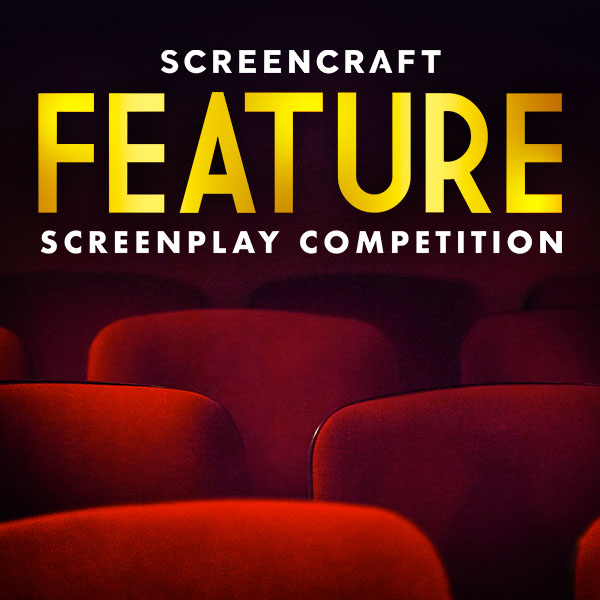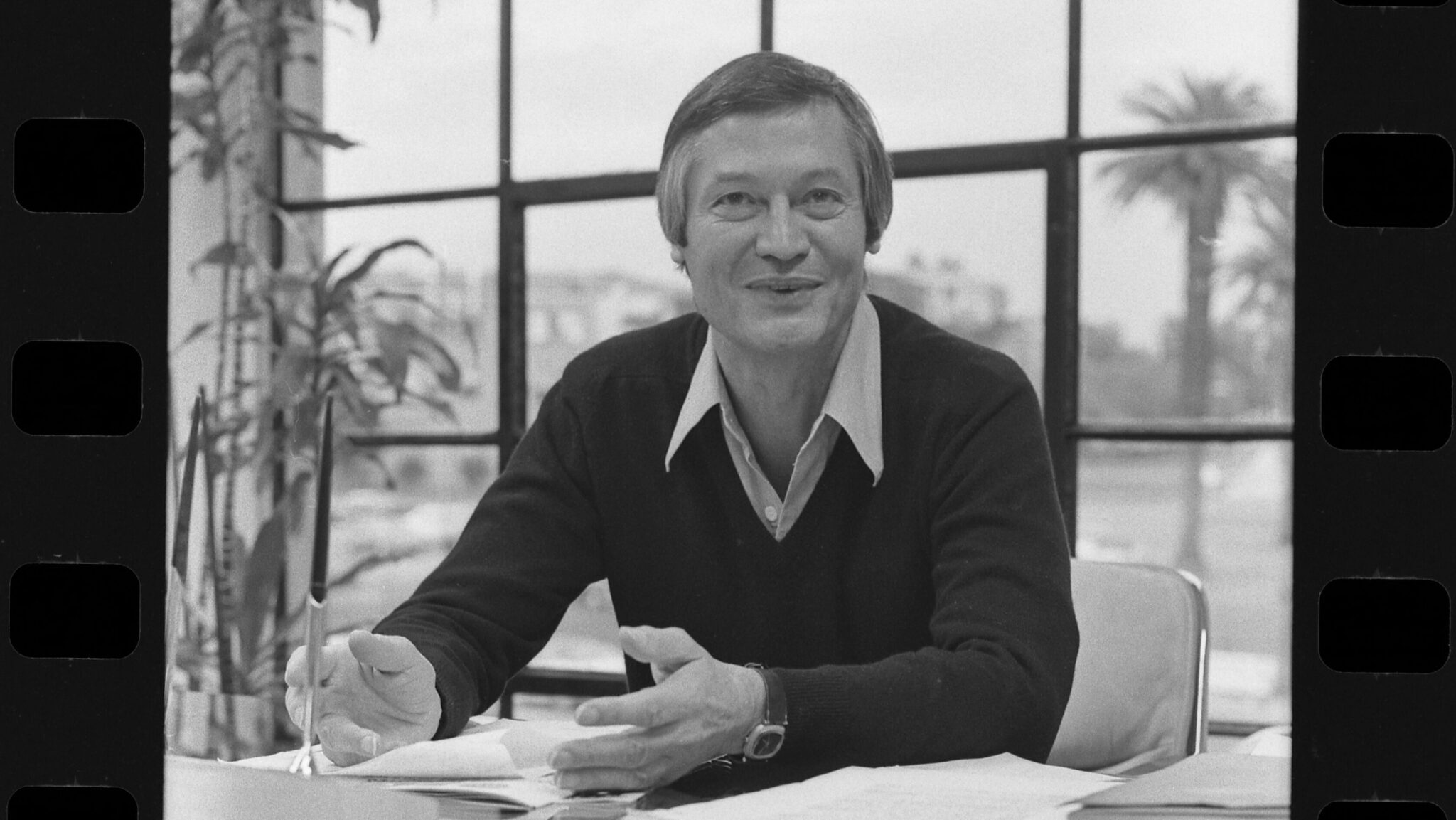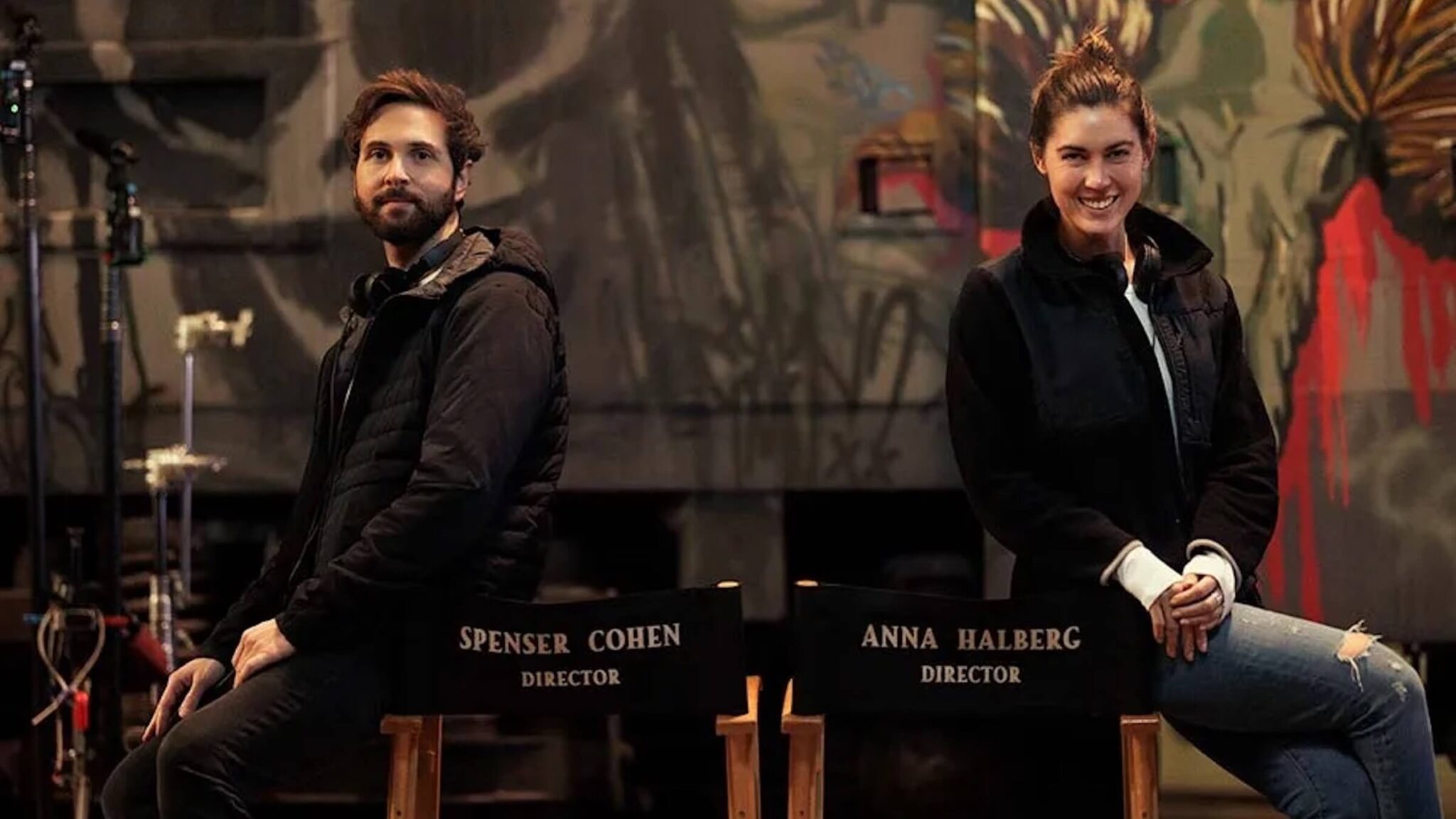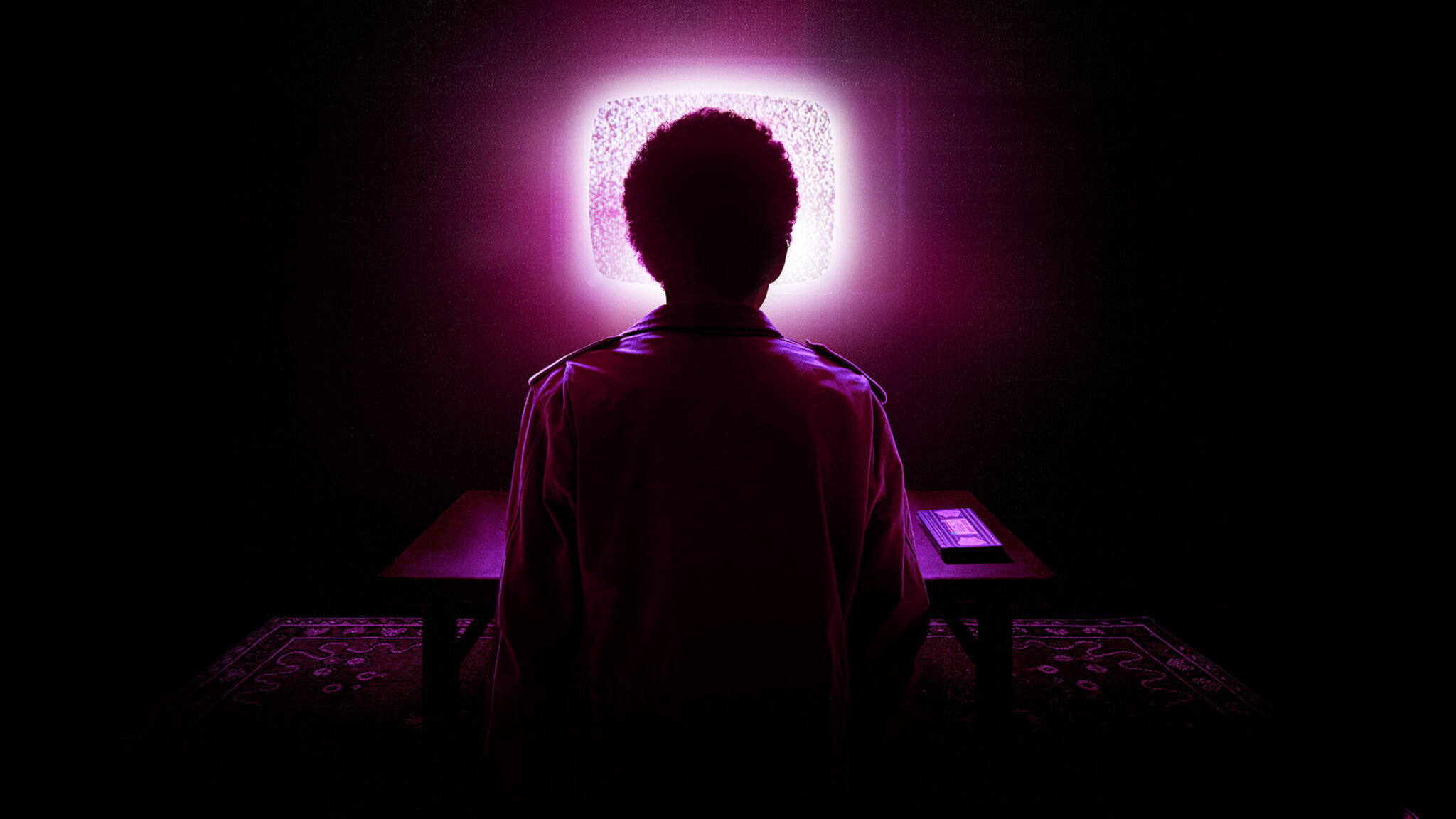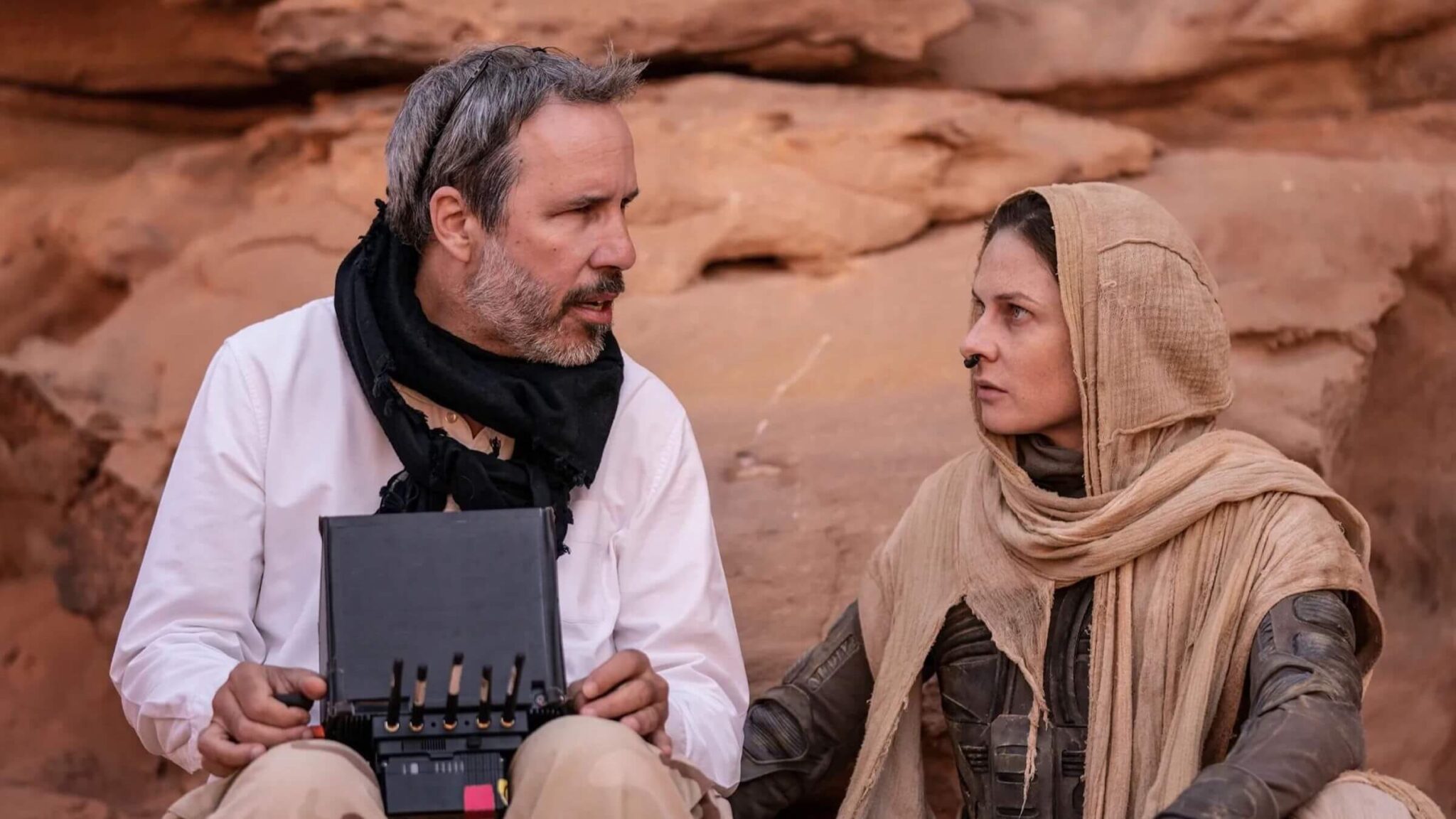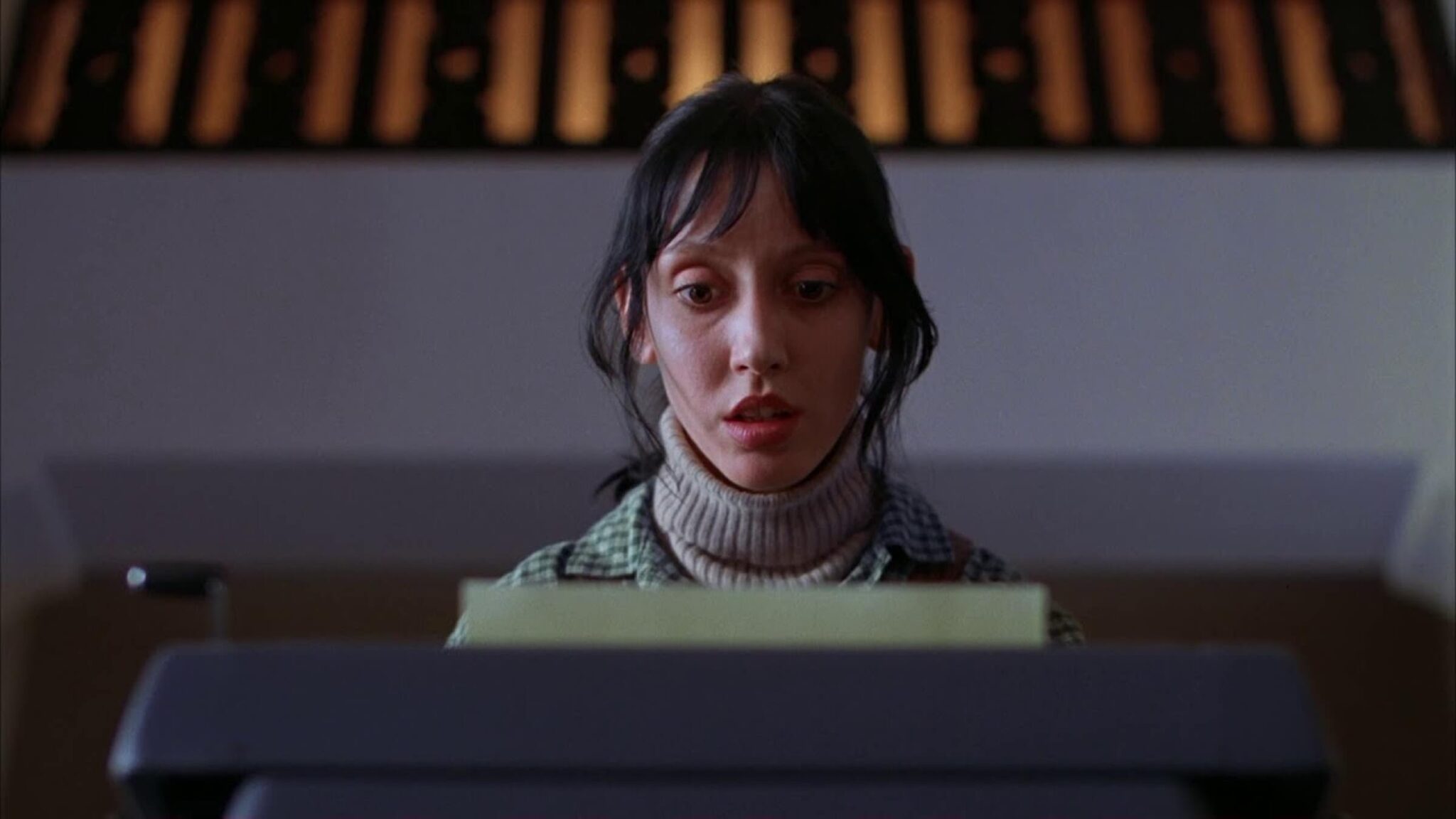5 Screenwriting Lessons From Oscar-Winning Screenwriter Eric Roth
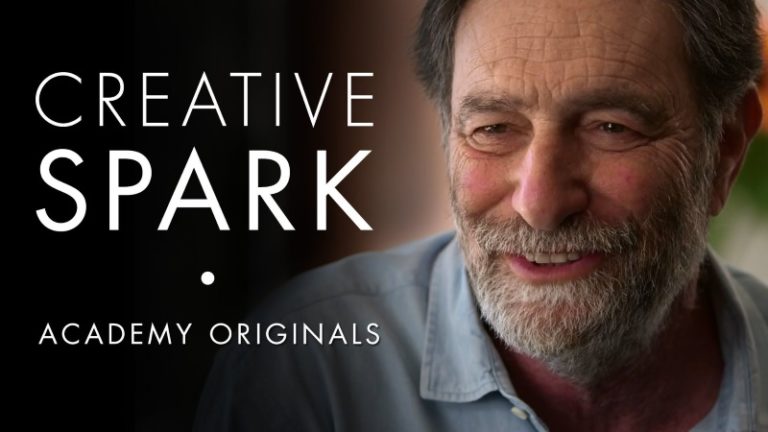
Academy Originals' Creative Spark Series features Oscar-winning screenwriter Eric Roth as he takes viewers inside his screenwriting process.
Roth co-wrote 2018's A Star Is Born and has written such classic films as Forrest Gump, The Horse Whisperer, The Insider, Ali, Munich, and The Curious Case of Benjamin Button.
He won the Oscar for Forrest Gump and was nominated by the Academy for Munich, The Insider, and The Curious Case of Benjamin Button.
Roth has also been nominated for five Emmy Awards as an Executive Producer on House of Cards.
Here are five screenwriting lessons that screenwriters can learn from Roth, accompanied by our own elaboration on his wise words.
1. You Have to Be Disciplined
"I'm very disciplined. You have to be disciplined. I know there's people who sometimes can do it different ways where they just vomit it out in three weeks or whatever. But this is the way I have to do it. This is my process," Roth told Academy Originals.
Roth's own disciplined routine includes:
- Getting up at 5:30 am and taking a walk or getting some form of exercise.
- Around 7:30 am or so, writing until noon. He's adamant that he can only do four hours or so, creatively.
- Returning to the work that night and having at it.
There is no single one answer when it comes to your writing schedule. Everyone has their own specific routine. However, you need to be sure that you get into your own routine and stick with it. Old habits die hard, so if you create certain writing habits, your mind, spirit, and body will become attuned to them.
Discipline is one of the first steps that you need to master. While that seems intimidating to most, it's just a matter of becoming a creature of habit.
2. Start at Page One Every Day
"It's a series of [what I call] erosion. You have to keep refilling. I think you're always improving it that way."
The process of starting on Page One every day is simple. When you first sit down to write, you need to first read what you have written from the beginning until wherever you ended up after the last writing session. And as you go through those previous pages, you can tweak as needed.
This allows you to keep that critical consistency throughout your script — consistency in pacing, tone, atmosphere, and character voice.
The added value is that this process allows you to place better plants, payoffs, and stylistic foreshadowing because you now know what comes after those previous pages you wrote.
With every writing session, you read from Page One and rewrite and edit as you go. You'll find that this habit offers you a much better first draft by the time you finish, which means that you're rewriting process is much more streamlined because you've already done most of that work.
Learn how to master character names and movie titles with this free guide.
3. It Doesn't Always Matter What Software You Use
"I work on an old computer program that's not even in existence anymore. Half superstition and half fear-change."
In these days of Final Draft and other big screenwriting software providers, this Oscar-winning screenwriter writes on the 1980s DOS program Movie Master.
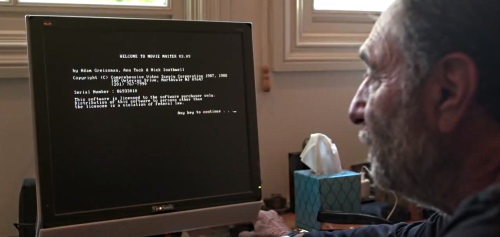
Roth has the unique freedom not to have to do that, thanks in due part to his successful history as an Oscar-winning screenwriter. But there are limits. He can only write 40 pages at a time because of the limit of the software. He then has to burn the compiled files that eventually add up to the final script on a disc and send that to the studios.
Studios do get frustrated, but Roth points out that they get over it if the work is great.
For most screenwriters, you need to be able to write with Final Draft or any other contemporary equivalent that allows you to save the script to PDF. But the lesson to be learned here is that writers don't have to rely on any bells and whistles that the latest software offers. That's not what makes a great screenplay.
Sure, some of those added tools are great to have in your screenwriting tool belt, but, in the end, the most important thing is your discipline, your process, and the amazing cinematic stories and characters that you craft from them.
4. Theme Is Everything
"Usually I choose the things I do as to what the theme of the piece is. As to what will resonate from it. What will have something that will hopefully last."
It's easy just to find a gimmick to explore and attach some characters and sequences to it. But that's not great screenwriting. Great screenplays explore themes that will resonate with the audience.
Catharsis is such a vital component of screenwriting. It's what captures the attention of the reader, and it's what the audience will take with them when they walk out of that theater.
Read ScreenCraft's The Single Most Important Element of a Successful Screenplay!
So when you're choosing your next story to write, make sure that there's value within the themes that you explore. It's what will get your script passed up the Hollywood ladder, and it's what will make the eventual film resonate with audiences beyond the theatrical run.
"The subject matter is always first to me, and then the character and how the characters then relate to the theme of the piece."
5. Writer's Block Doesn't Exist
"No writer's block. Never had it."
Roth goes on to say that if he does find himself and his writing wandering and seemingly not going any place, he'll simply change the weather of the scene to make it feel different. So if the previous scenes or sequences took place in fair weather, he'd have the next set during rainfall to change the mood of the scene.
That simple change would trigger his imagination and get him through those inevitable rough spots.
Writers often complain extensively about writer's block. Articles and book chapters are written about how to avoid or get through it. The truth that writers need to understand is that writing doesn't always come naturally. It's a job. You have to do whatever you can to find the answers, and sometimes those answers don't come that easy.
If you point the finger, blame some unseen entity called writer's block, and tell yourself — and others — that you just have to ride through it until it goes away, you're not doing your job as a writer. You're making excuses.
The secret is to find ways to get those creative juices flowing again.
Read ScreenCraft's 7 Reasons Why “Writer’s Block” is BS!
Ken Miyamoto has worked in the film industry for nearly two decades, most notably as a studio liaison for Sony Studios and then as a script reader and story analyst for Sony Pictures.
He has many studio meetings under his belt as a produced screenwriter, meeting with the likes of Sony, Dreamworks, Universal, Disney, Warner Brothers, as well as many production and management companies. He has had a previous development deal with Lionsgate, as well as multiple writing assignments, including the produced miniseries Blackout, starring Anne Heche, Sean Patrick Flanery, Billy Zane, James Brolin, Haylie Duff, Brian Bloom, Eric La Salle, and Bruce Boxleitner. Follow Ken on Twitter @KenMovies
For all the latest ScreenCraft news and updates, follow us on Twitter, Facebook, and Instagram.
Tags
Get Our Screenwriting Newsletter!
Get weekly writing inspiration delivered to your inbox - including industry news, popular articles, and more!


